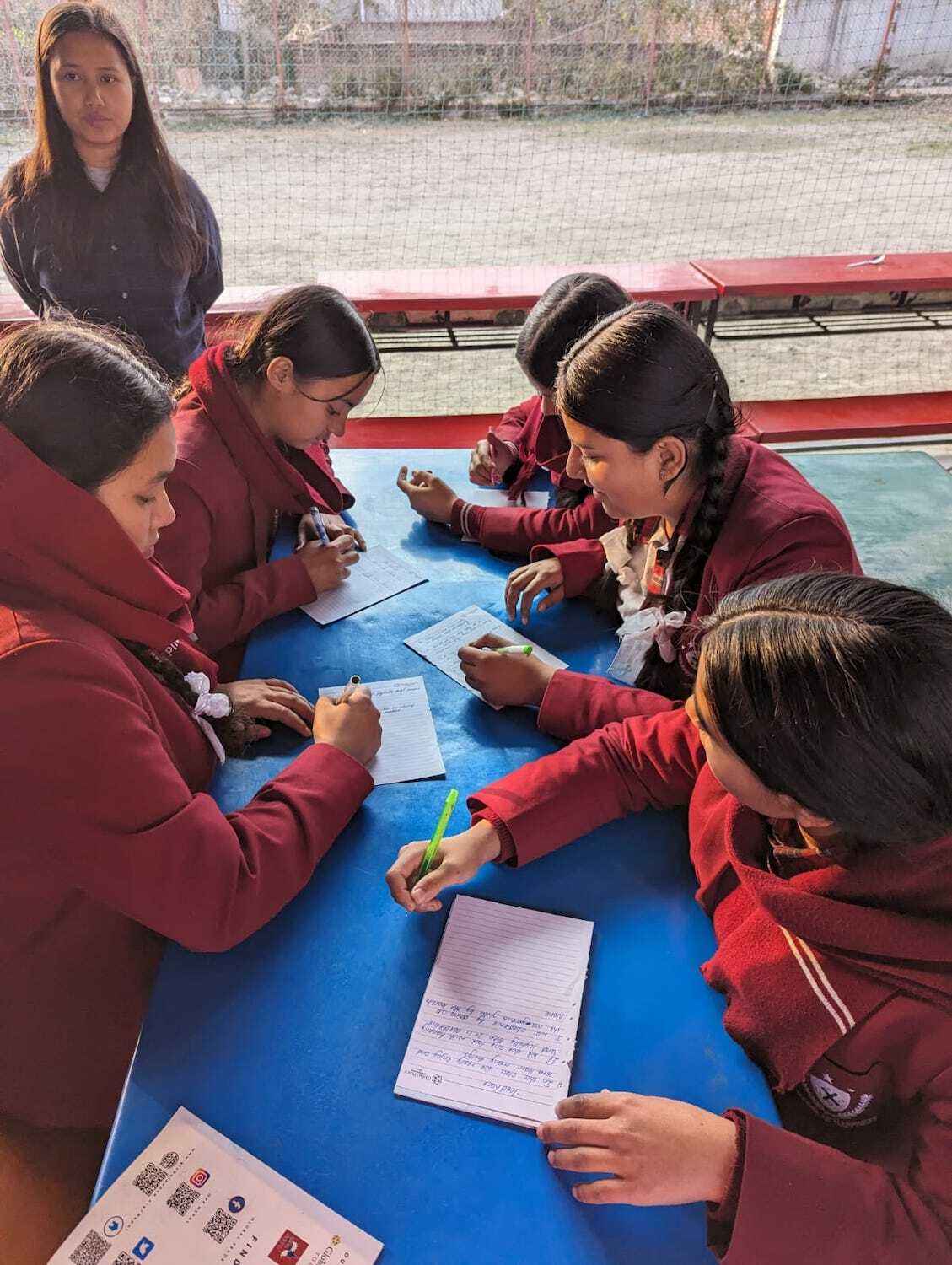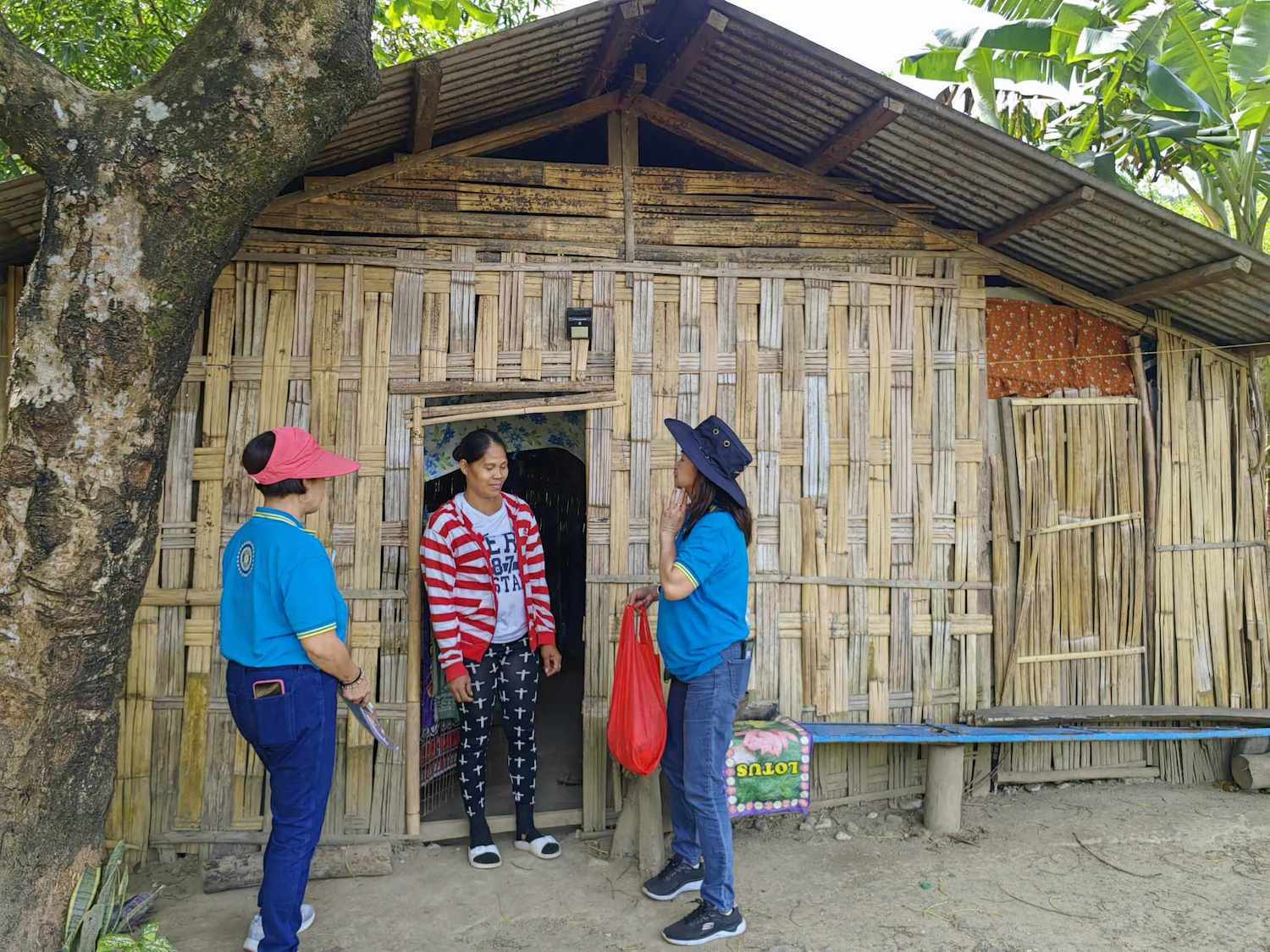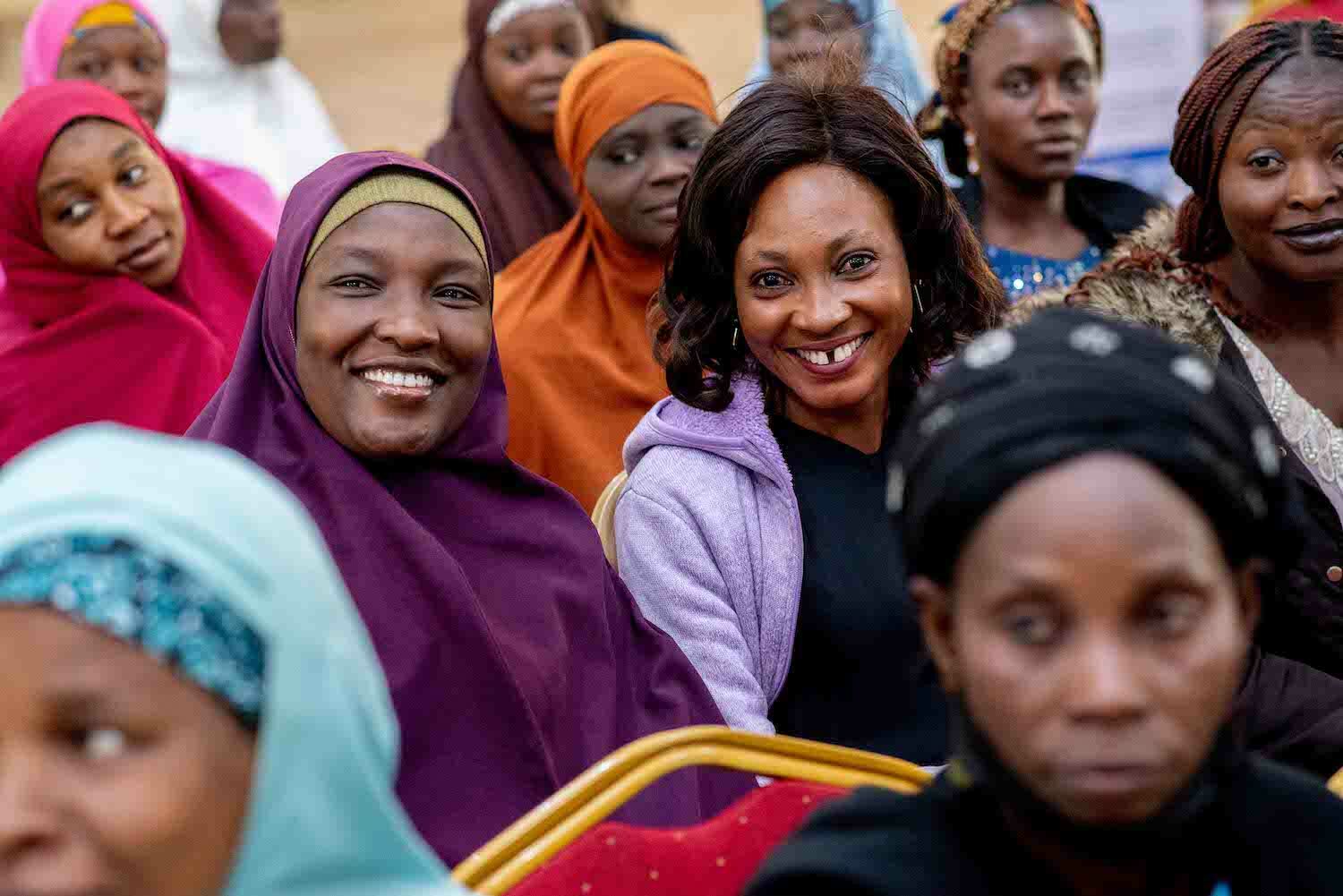Gustavo Piñeiro, a family and marriage counselor from Paraguay, summarized three days of intensive discussions on family values at the 2014 Global Peace Convention in Asuncion, Paraguay with a simple formula, “If we want to change the world, we have to change the family. And I have to start with myself.”
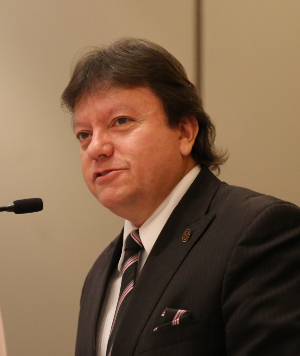
Gustavo Piñeiro, a family and marriage counselor from Paraguay, “If we want to change the world, we have to change the family. And I have to start with myself.”
Forming the “cornerstone” of ethical societies, the family and its importance to society was addressed in a convention panel on November 21, 2014 on the theme “Creating an Ecosystem to Build and Sustain Prosperous and Healthy Families.”
With a growing global concern over creating technology for energy efficiency and waste reduction, Former U.S. Congressman Earl F. Hilliard (Alabama) emphasized government and social support for the family unit, making “every person a stakeholder” in order to foster a sense of ownership over a citizen’s community and society. Mr. Hilliard called for economic systems that support sustainable growth through cooperation, providing “mutual benefits rather than straight profits.”
Peruvian National Congressman Jaime Delgado added that it is not enough to just pass on traditions and knowledge; more important is to train people to essentially be good human beings. “With all this richness . . . will we cultivate the right culture?” Mr. Delgado asked the audience, noting the many aspects of society that make up an “ecosystem.”
No matter one’s location, across the globe economic and social disparities have created a gap in cultural values of marriage and family. Referred to as a child’s “first school,” the family was described by every panelist as the most basic and natural institution of society, the most vulnerable institution as well as the most powerful agent of change.
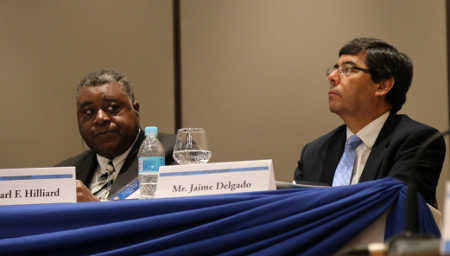
(left to right) Former U.S. Congressman Earl F. Hilliard (Alabama), Peruvian National Congressman Jaime Delgado address the social and economic centrality of the family.
“Families should be a community of dialogue,” observed Dr. Oscar Alvarez Araya, Executive Director of the Lain America and Caribbean Network for Democracy in Costa Rica. He emphasized the importance of families as a “school of forgiveness and nonviolence” where one learns conflict resolution. Placing a focus on families as building blocks of society affects many levels of human development, ultimately leading to creating efficient, productive citizens who contribute to both private and public sectors in their communities.
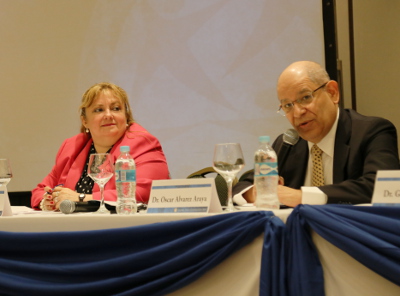
(left to right) Julia Maciel, Counsellor to the Permanent Mission of Paraguay to the United Nations, Dr. Oscar Alvarez Araya, Executive Director of the Lain America and Caribbean Network for Democracy in Costa Rica.
An “attitude of cooperation,” said Julia Maciel, Counsellor to the Permanent Mission of
Paraguay to the United Nations, is essential to an economy of sustainable development. Such an attitude is the result of instilling values of respect and support within the institution of family. She also drew attention to the role of women in healthy families, not just as mothers, but essentially leaders with unique characteristics that allow them to raise up children as future leaders. “The main stakeholders of development are the youth, the young people,” Ms. Maciel concluded.
Panelists noted that our world today, across every continent, has degraded the values and culture of healthy families. With newfound support by societies who recognize the vital role that the family institution plays in the development of a brighter future, change can and will happen. “Every change that is important in our history, every change that is necessary, always meets resistance.” Rep. Hilliard said, leaving the panel with a candid reminder of the challenging but essential task facing our diverse societies around the world.

